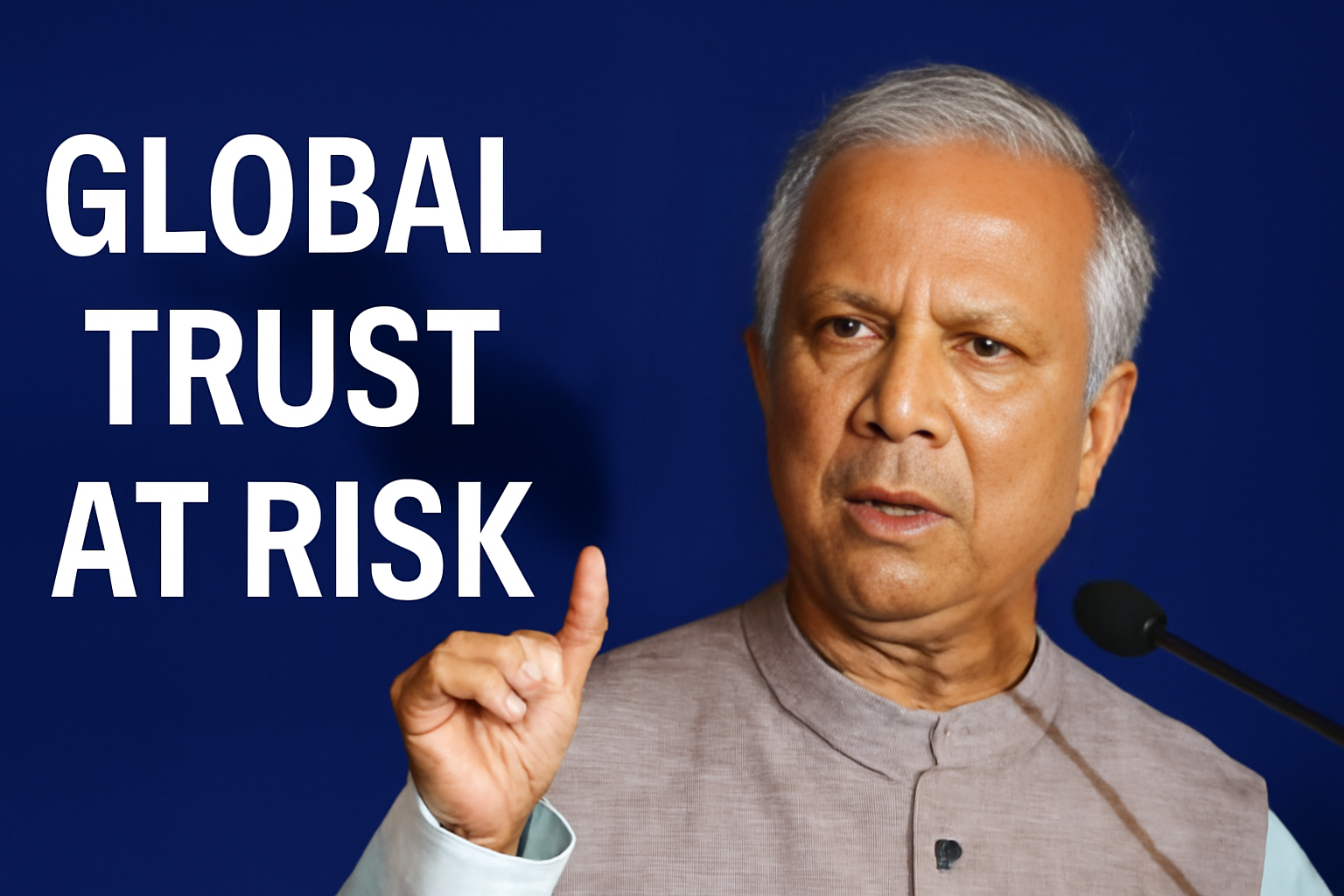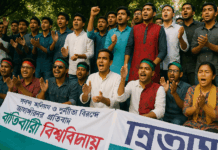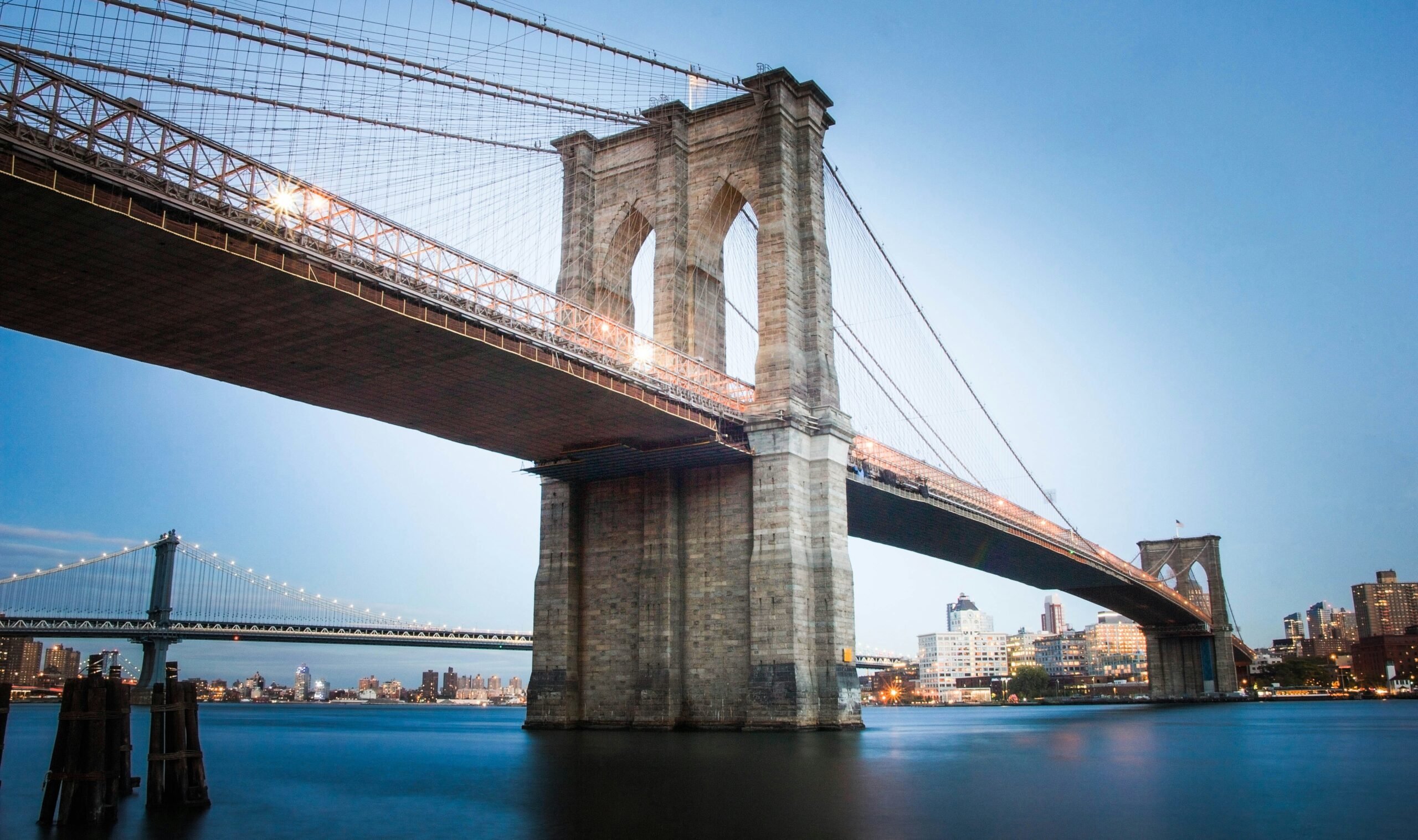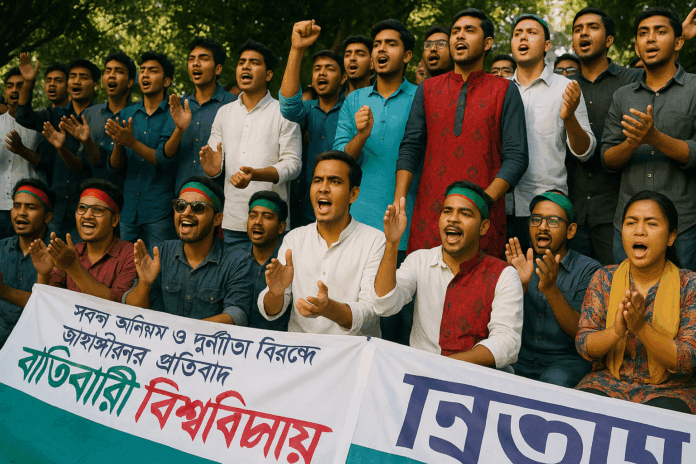Ongoing Crisis in Bangladesh’s Higher Education Sector
Even after more than 11 months since the mass student rebellion of July–August 2024, normal academic activities have not resumed at the country’s tertiary-level institutions. The academic disruption began earlier when teachers initiated a class boycott. Despite major departmental restructuring at several universities, the situation remains unresolved.
Widespread Student Protests and Public Disruption
Students from colleges, polytechnics, nursing institutes, and public and private universities continued protesting throughout this period. They pressed for a range of demands. Their regular demonstrations caused severe inconvenience to the public, as they blocked roads, highways, and rail lines and even surrounded police stations and the secretariat.
Academic Delays and Leadership Void
The prolonged closures and protests created severe session backlogs at many institutions. The removal of numerous vice-chancellors and top officials further crippled academic and administrative operations.
Experts Blame Lack of Academic Leadership
Top academics highlighted the lack of leadership in restoring normalcy. Dhaka University’s Emeritus Professor AF Serajul Islam Choudhury described the post-uprising chaos as “needless and harmful.” He warned that students lost almost a year of education, similar to the loss during the 1971 Liberation War. “It will be very tough to cover these damages,” he said. “It is unacceptable.”
Inactive Reforms Despite New Appointments
University Grants Commission (UGC) Chairperson Professor SMA Faiz said all public universities had new vice-chancellors after the movement. However, some failed to revive the academic environment. Protests persist at Dhaka University, KUET, National University, and other institutions. Seven DU-affiliated colleges, polytechnics, and nursing schools also remain active in protest.
Protests Intensify After Student Death
After Shahriar Alam Shammo, a DU student leader, died in an attack on May 13, protests at DU entered their fifth consecutive day on Sunday. Jatiyatabadi Chhatra Dal (JCD) activists blocked the Shahbagh intersection for two hours and besieged the Shahbagh police station for the second day.
Campus Shutdowns and Leadership Overhauls
A violent clash on February 18 between Students Against Discrimination and JCD forced KUET to suspend all academic activity from February 19 to May 18. That 89-day closure led the education ministry to remove KUET Vice-Chancellor Mohammad Mashud and Pro-Vice-Chancellor Sheikh Shariful Alam on April 25. The government appointed a new VC on May 1. However, KUET teachers refused to resume classes to protest recent attacks on faculty members.
Responsibility of Faculty and Administration
Professor Faiz emphasized that vice-chancellors and teachers must resolve issues to revive the academic climate. “While demanding the proper things, we need not go too far,” he said. Professor Serajul Islam Choudhury criticized the faculty and administration for failing to act responsibly. He noted that most teachers’ associations remained inactive in restoring normalcy.
July 2024: Start of the Movement
Students across public universities began protesting on July 1, 2024, against the government employment quota system. On the same day, teachers launched a strike to oppose the now-abandoned Prattay pension scheme, skipping all academic responsibilities. The movement escalated rapidly.
Government Overthrown, Mass Resignations Followed
The student-led movement resulted in the deaths of at least 834 people and led to the fall of the Sheikh Hasina government on August 5, 2024. In an unprecedented event, dozens of university leaders, including vice-chancellors, pro-vice-chancellors, registrars, and deans, resigned simultaneously. Many faced accusations of politicizing institutions under 15 years of Awami League rule. At some universities, up to 70 officials resigned at once.
Attempts to Restore Order
After the upheaval, the UGC reappointed all vice-chancellors and pro-vice-chancellors across 55 public universities. Within four months, classes resumed at all public institutions.
Protests from Affiliated Colleges
Despite resumed academic sessions, unrest continues. Students from the seven DU-affiliated colleges resumed protests in October 2024, blocking Nilkhet and Science Lab intersections. In November, Titumir College students paralyzed traffic and rail links, demanding their own university. These demonstrations continue.
Sector-Wide Unrest
On April 16, polytechnic students held nationwide blockades of roads, highways, and rail tracks. Their protests remain ongoing. Nursing students followed suit in May, staging blockades in Dhaka, Rajshahi, and Rangpur. They demanded recognition of their nursing and midwifery diplomas equivalent to bachelor’s degrees.
Administrative Shake-Up in Barishal University
Amid student protests over alleged mismanagement, the government removed Barishal University’s VC Professor Shuchita Sharmin, Pro-VC Professor Golam Rabbani, and Treasurer Professor Mamunur Rashid on May 13.
Long March to Jamuna and Police Crackdown
On May 14, hundreds of students and teachers from Jagannath University (JnU) organized a ‘Long March to Jamuna’ to press a three-point demand, including resolving the residential crisis. Police intercepted the march at Kakrail Mosque, injuring at least 50 protesters. The demonstrators staged a sit-in at the barricade site, continuing until May 16.
National University Protests
A section of National University students and teachers is now protesting the government’s decision to halt enrolment for honours programs on the main campus.






















